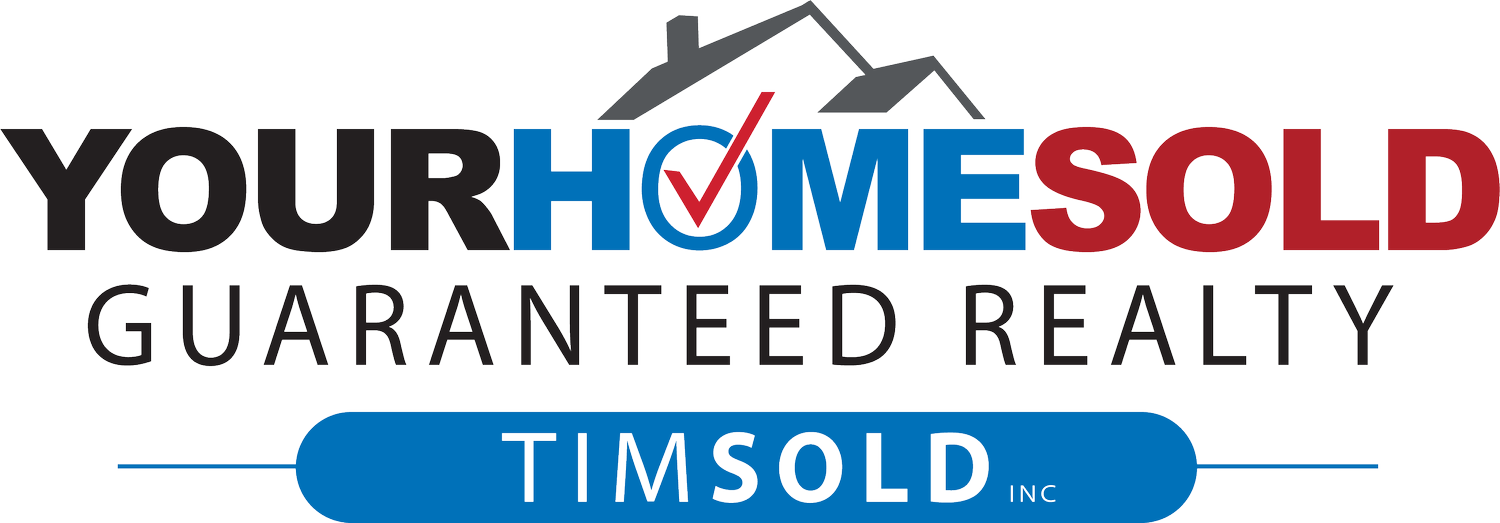What are closing costs and how much should you expect to pay?
Here are seven closing costs and a general overview to help you understand what to expect:
1. Appraisal Fee
To assess the property's value, an appraisal is conducted by a licensed appraiser. The appraisal fee covers the cost of this evaluation and ensures that the purchase price aligns with the property's market value.
2. Title Search and Title Insurance
Before closing, a title search is conducted to verify that the property's title is free of liens or claims. Title insurance protects against any future claims on the property. These fees cover the cost of the search and provide insurance coverage, ensuring a clear and marketable title.
3. Home Inspection
If you choose to have a home inspection, the associated fee is paid at closing. This assessment provides a detailed examination of the property's condition, helping you identify any potential issues before finalizing the purchase.
4. Loan Origination Fee
The loan origination fee covers the administrative costs of processing and underwriting your mortgage loan. It compensates the lender for their services and varies based on the lender and loan terms.
5. Attorney's Fees
An attorney may be required to oversee the closing process, ensuring that all legal documents are properly executed. Attorney's fees cover the cost of their services and provide legal guidance throughout the transaction.
6. The Deposit
This deposit provides sellers with a financial commitment from the buyer to purchase the home, and is usually around 5% of the home's purchase price. This deposit is commonly applied towards the buyer's closing costs or contribute to their down payment.
7. Property Taxes and Insurance
Depending on the time of year and your loan terms, you may need to prepay a portion of your property taxes and insurance premiums at closing. Closing costs are an important consideration when buying a home. While they can vary based on factors such as location, loan type, and purchase price, it's generally recommended to budget between 2% and 5% of the home's purchase price for closing costs. Working closely with your lender and the real estate agent will provide a more accurate estimate tailored to your specific situation!
Hope this guide was helpful! Please do not hesitate to contact me at 647.930.1888 or email info@timsold.com for all things real estate.

